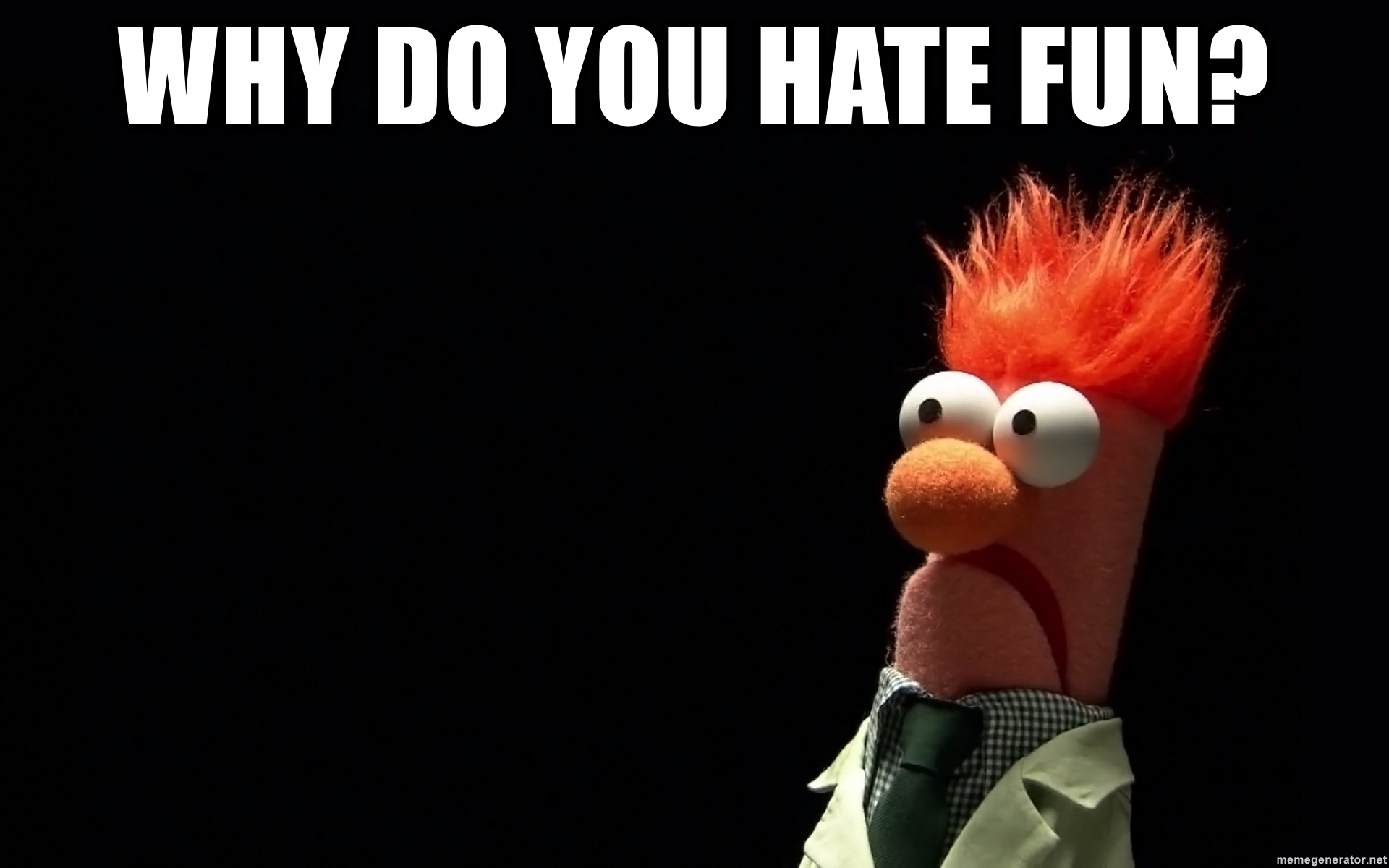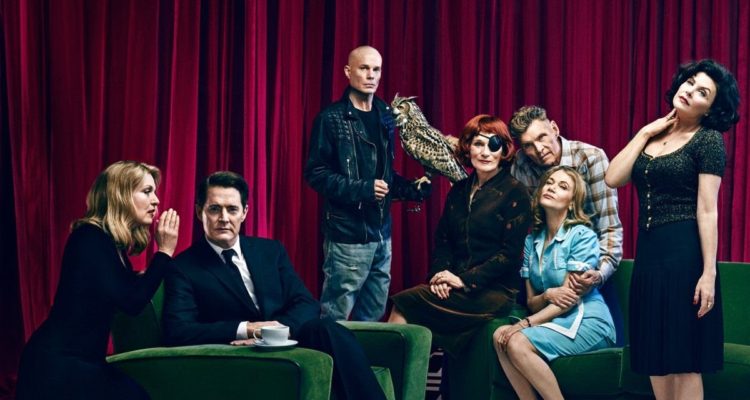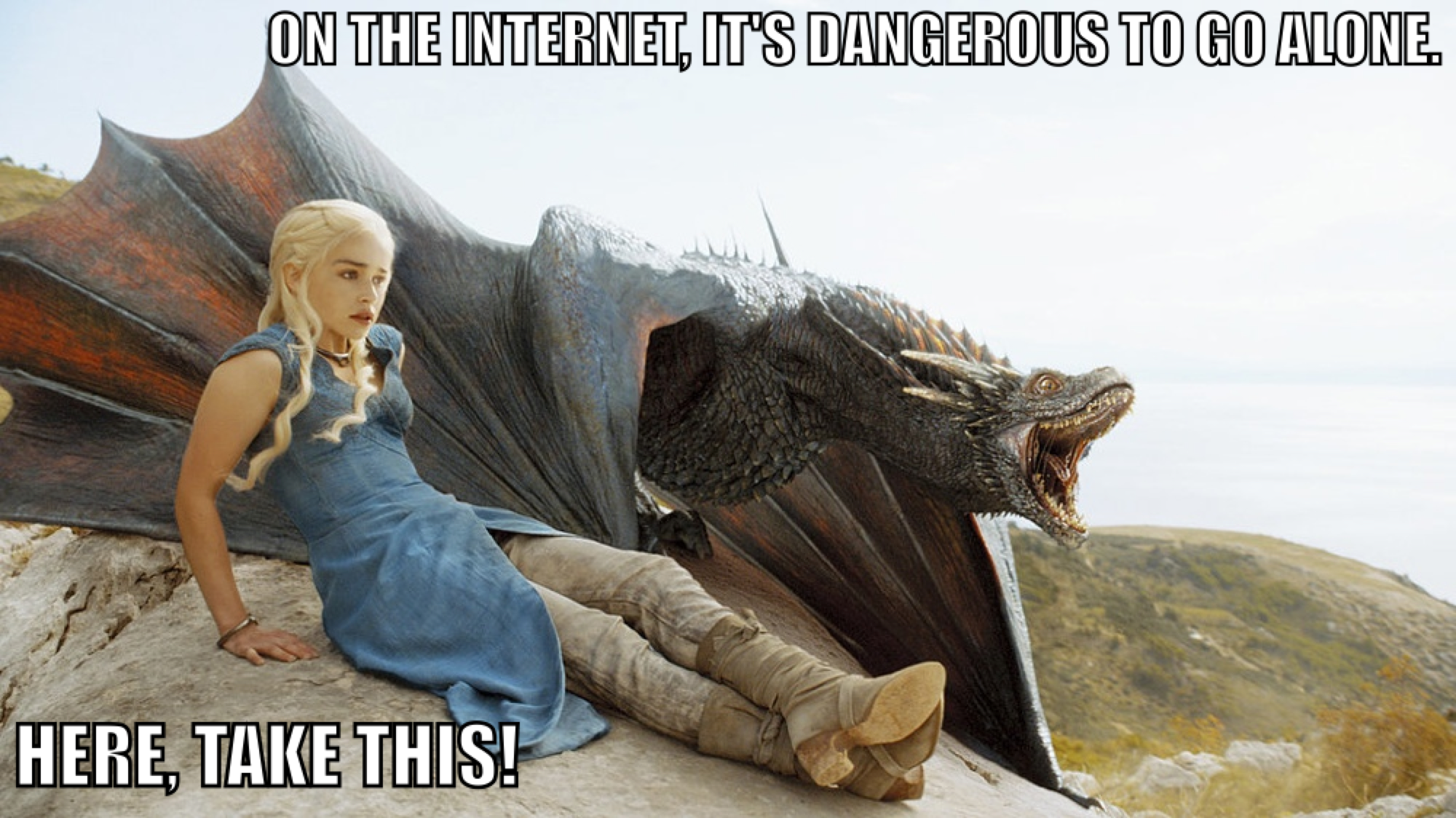
I recently saw a video online taking pot-shots at an academic whose studies included deconstructing the representation factors in older roleplaying games, specifically Dungeons and Dragons. The video by Michelle Malkin is a screed against the supposed politically correct ‘party poopers’ intent on ruining games like D&D by bringing ‘social justice warrior’ politics into the picture. I won’t link the video itself (because it’s from a Facebook channel that’s pretty horrendously conservative) but I think the tag below it on Facebook…
Social Justice Warriors are the biggest party-poopers on the planet!
Is there no realm safe from the diversity police?!
… that really says it all.
It’s no secret the last few years have seen an ongoing march towards progressive creation in the creative arts. The fight for better representation in comics, film, television, toys, and games have sparked debates that have reached from the smallest communities to the largest stages of media coverage. You can tell how big the discussion is when films not yet released are dissected for their representation of minority groups and feedback is received by companies immediately from consumers. And whether you like this immediate feedback loop or not, it’s clear the days of companies simply producing material without considering the economic ramifications of a growing progressive demographic are over.
Still, in the face of such creative evolution and representational progress, there has been a significant backlash by those who believe progressives are trying to ‘ruin fun.’ People calling for better representation in creative fields are labeled ‘liberals’ and ‘social justice warriors’ and far worse terms. They’re called crybabies, party poopers, people out to turn everything into a political debate rather than just letting others have a little harmless fun. (Clearly, they never ascribed to the idea that everything is inherently political, but that’s a debate for another time). Instead, their response is to decry any discussions about progressive feedback so we can all just sit back and have a good time without interrogating what we’re enjoying.
The funny part is by making this very discussion, they’re doing exactly what they rail against: they’re looking critically at the material they’re being presented with and making an opinion on its content. They ARE questioning the politics of their media. They’re just choosing a different response than progressives. They’re choosing a different view, an opposition to growth, which I’m calling protective nostalgia. They put down ‘liberals’ for being social justice warriors when they’re taking up their own warrior mantle themselves. These ‘traditionalists’, these ‘conservatives’, are what I like to call Nostalgia Warriors.

Picture it with me: a new game hits shelves, and the hordes are attacking. They come with their banners of ‘Better Representation Now!’ and chants of ‘What About Us?’ They bury fun new products in political discussions, drowning out the chance of escapism with constant reminders of blah blah representation and blah blah stereotyping and blah blah blah. The noise distracts from the chance to just sit back and have fun, like in the days of yore, when no one assaulted the fun! When it was just about basements and friends, sitting together and enjoying without complications or political rhetoric! Yes, these fun times and beautiful memories are under assault by the SJWs and are in need of defending!
And lo, the defenders arive, with their cries of ‘Party Pooper!’ and ‘Can’t It Just Be Like It Was?’ Their shields are the memories of times gone by, when things were simpler, and media was just fun. They are the Nostalgia Warriors! Ready to tell you you’re wrong for having progressive opinions! Ready to insult, degrade, and dismiss any idea challenging the status quo! And all armed with the greatest cry of all…

These Nostalgia Warriors stand on their ramparts, zealously protecting new media in the name of what’s come before. They use the happy memories they have of simpler times, when people didn’t talk about the politics of media creation so actively, as proof that such conversations are ruining fun now. After all, they had fun in the past with their TV shows and comic books without these silly discussions about race and gender representation, why would it be needed now? In fact, looking back at the media before and criticizing it only defiles the memory of their beloved favorites. And how dare those pesky Social Justice Warriors go after their favorites, entwined so deeply with the sugar-coated memories of the past.
To take a step back for a second, I don’t want people to think all nostalgia is bad. Nostalgia can be a good thing! It gives us a chance to look back over our lives and see the good things amid the bad, the positive experiences we had cleaned up so they provide bright spots in otherwise complicated lifetimes. It lets us hold up things we find beautiful, things we find important to our identity, and present them with all the love we had for them when we were younger. Nostalgia can be beautiful, our memories can be beautiful, and the way they formed our fundamental years is a testament to experience building the people we are today.
To my people, those who hold fondly to the television shows and comics and films of the past with love and true nostalgia, I embrace you as brothers and sisters! The past gave us amazing, wonderful, fantastic things that should be cherished. This argument isn’t here to dismiss or attack all Nostalgia, or all media in the past that is important to people or beloved.
But.
But.
It’s hard to accept that our pasts are as fraught as our presents and that our futures are going to be just as hard. So we shine up our best experiences and hold them up as examples that in the past, everything was better. Everything was easier then and our precious favorites had no problems, or else those problems didn’t matter, because we loved them. And they gave us joy. And no one can assault our joy without assaulting a fundamental part of ourselves.
This progression into nostalgia defense is when nostalgia slips into toxic territory. When defending our sacred cows becomes a roadblock towards creative evolution.

It’s no secret to anyone paying attention that our society is evolving away from shitty behaviors we once found acceptable in the past. I think most middle-road Nostalgiacs (new word again!) would recognize things like systematic slavery, for example, is an institution we thank god destroyed over a hundred years ago. Most would even say things like the civil rights movement, the evolution of the rights of women, all these things were great. Heck, most would say going across the ocean to punch Nazis and stop their genocidal reign of terror was a good thing! These were all examples of Good Progress.
So why is it when talking about the continued progress of our society in media, we see such a vicious backlash, even from people who would otherwise say Big Issue Progress (like those listed above) is a good thing?
This is where Toxic Nostalgia comes in.
(Sure, there are people who would question whether these were good events. They’re called Ultra Conservatives, Neo-Nazis, Misogynists, Racists, Bigots, and all around Backwards Problem Children. And this article isn’t going to find a solution for them, so we’re just going to move the heck on from THAT giant problem. Instead, to them I say this).

Look, change is difficult. Change makes people look at themselves and the world around them with a critical eye and makes them question what they really believe. It makes them wonder if they’re complicit in big bad things like racism and intolerance, in systematic oppression and institutions of privilege. It makes people feel like they might be the bad guy, or part of a bad group, make them feel vilified and ashamed and attacked.
And when the whole world seems to be talking about rectifying centuries-old systems of oppression, people start taking a good long look at where they are on the power pyramid and all these complicated feelings start coming up. They have to ask ‘am I really profiting from oppression?’ They get defensive, responding: ‘But I can’t be privileged! My life is hard, I suffer too!’ They bring out words like reverse racism and tout the suffering of the white lower classes, of the nice guys being ignored by ‘militant feminists’ and cry about how ‘All Lives Matter.’ And this is in response to the Big Issues being brought up across the media, across the internet. It’s everywhere they live. They can’t get away from it. They have to consider it.
And then, just when they’re sure they’ve had enough attacks on their identity and their status quo, the progressives come for their fun.
And so they cling to the last shreds of safety, the last places where they felt they were comfortable and could forget the politics of progress for a little while. When they watch TV or a movie, when reading a comic, they don’t want to think about the Big Issues. They want to escape for a little while. But unbeknownst to them, the progressives are looking at these media and questioning loudly whether the status quo was representing them well or at all. Whether the people whose representation was always there have taken a look at their privilege lately. Progressives are asking for equality, and to the Nostalgia Warrior, that is a challenge to the last bastion of escapism they’ve got.

And so, the backlash begins. The outright dismissal and attacks against those calling for critical analysis of media has been unbelievably harsh. But what’s worse is it’s often without substance too. Instead of engaging with the Big Issues being presented in the context of media critique, Nostalgia Warriors deny the need for discussion outright and banish anyone trying to have a dialogue with labels like ‘party poopers.’ And to those who agree with them, it’s the best defense, because who wants to have party poopers around? No one! So get rid of these SJWs and their party pooper ways, ignore them! There’s no need to have an actual conversation about issues! We can just label them with names you’d throw at kids on a playground and call it a day.
Because that’s all the conversation is to the Nostalgia Warrior: a throwback to days gone by, when you could talk about fun things with the simplicity of school age name-calling and maturity. Why be an adult when talking about play? Simply regress to those childhood feelings and defend your stance with the same playground mentality. Hold tight to your play as the last vestiges of childhood you’re allowed and don’t let anyone damage that with talk about Big Issues. Because that would require the adult in the Nostalgia Warrior to have to face change and its complexity.

Some of the worst offenders in this progressive backlash in entertainment have unfortunately been creators whose work is being critiqued. Whereas these creators, still relevant and important to the evolution of their mediums, could join the new generations of artists and contribute in new and fun ways, they often doggedly cling to the work of the past, defending their creative choices against critique and driving away new thinkers with their derision. What they fail to realize is their defensiveness about their nostalgia, fed by fear of being vilified and becoming irrelevant, is driving them TOWARDS irrelevancy as their mediums march on towards a progressive future. Simply put, the harder they cling to the past, the easier the future and their part in it slips through their fingers.
The sad part about the backlash against progressive thinking by Nostalgia Warriors and conservative thinkers is the ultimate damage it does to creative evolution. Creative mediums have come a long way since the days of cave paintings, Shakespeare, the Rennaissance and even the beatnik generation. Every wave of creation builds upon what came before, informed by the politics and social movements all around them. The fact that each generation has also participated in the see-saw of progress towards greater equality has informed said artistic creation, and to ignore those influences in favor of nostalgia only stunts the growth of new ideas and new forms of art.

They say there are no new ideas under the sun, only new ways to express them. Yet if we’re only ever looking back to those so-called ‘better days’ thru the lens of willfully ignorant nostalgia, we’re cutting new creative expressions off at the knees. People yawn at remakes and rehashes of the old, asking for new movies, new television, innovative creations, and then complain when those new expressions involve evolving social thematics.
You can’t have it both ways, Nostalgia Warriors. Either you want new ideas or you want things to stay the same. And I have some bad news: things won’t stay the same, no matter how much you shout about it. Progress happens. The world moves on. And your sacred cows lose their shine under the scrutiny of the future. The only question is: will you put aside your blinders and accept the complexity of media and the critical analysis around you, or hold on stubbornly to the past?
The battle for progress continues across all mediums. And wherever people believe fun is under assault, the Nostalgia Warriors will be there, ready to refute every claim with childish rhetoric and nay-saying. And all the while, they don’t even realize they’re already involved in the political conversation: they’re just not doing a very good job at it.




 I watched everyone flip about Idris Elba being cast as Roland because of the color of his skin and rolled my eyes. They made a great choice there, I thought, choosing a man of color for such a traditionally Clint Eastwood, square jaw white guy role. He would rip a hole in the scenery with Matthew McConaughey as The Man In Black. He would be the iconic man on his way to the Tower. He had the perfect gravitas. I would recite the Gunslinger Creed over my popcorn bucket and watch him do the reloading trick and be so happy. I got my friends together, those who were big fans and who weren’t, and I made a day of it. As I said to my friends, to a fan like me, it was like going to church.
I watched everyone flip about Idris Elba being cast as Roland because of the color of his skin and rolled my eyes. They made a great choice there, I thought, choosing a man of color for such a traditionally Clint Eastwood, square jaw white guy role. He would rip a hole in the scenery with Matthew McConaughey as The Man In Black. He would be the iconic man on his way to the Tower. He had the perfect gravitas. I would recite the Gunslinger Creed over my popcorn bucket and watch him do the reloading trick and be so happy. I got my friends together, those who were big fans and who weren’t, and I made a day of it. As I said to my friends, to a fan like me, it was like going to church.














